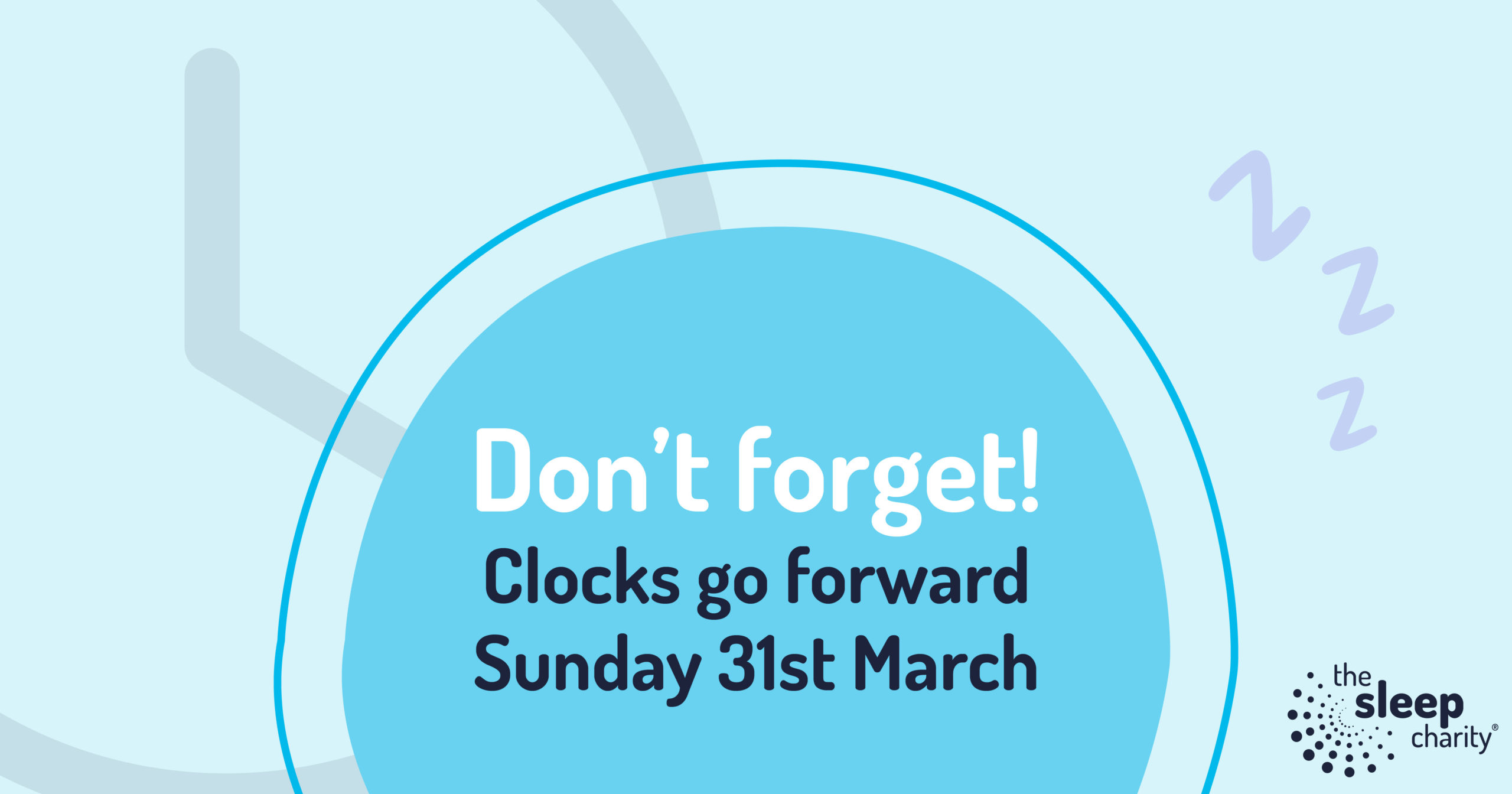The clocks are springing forward this month at 1am on Sunday 31st March. With this change, many of us can find it a struggle to adapt to the shift in time. Even though we only lose an hour, that change may disrupt our sleep patterns and throw our circadian rhythm (body clock) off balance.
However, with some mindful adjustments and proactive steps, we can ease this disruption and ensure a smoother transition to getting daily routines back on track. This means we will have you jumping out of bed, feeling refreshed in no time.
Understanding the importance of sleep and circadian rhythm
Our circadian rhythm is an internal clock that regulates the sleep-wake cycle and other physiological processes over a 24-hour period. Light and dark play an important role in influencing our body clock which is why we naturally sleep at night and are awake during the day. Darkness produces the sleepy hormone, Melatonin making it easier for us to fall asleep and stay asleep and night.
Maintain consistent sleep schedules, even on weekends
Our body clocks have a huge role in helping us sleep. By going to bed and waking up at roughly the same time every day, even on weekends, helps to set our body clock. This means you’re more likely to be tired and ready for bed on a night.
Try and get out in the natural light as soon as you can when you wake up. Exposure to daylight helps you to fully wake up and feel alert.
Creating a sleep-friendly environment for the lighter months
As we move into summer, you may find that the increased daylight hours and the start of warmer weather can impact on your sleep. If the lighter evenings stop you feeling sleepy, and the brighter mornings wake you earlier than you’d like, make sure you keep your bedroom as dark as possible.
Your body temperature needs to drop slightly before you go to sleep which is why it’s difficult to sleep when you’re too hot. Make sure you keep curtains/blinds down in the day to block out direct heat and open windows and doors to create a draught. Use appropriate bedding and an electric fan to help keep cool.
Gradual adjustment techniques:
On the run up to 31st March gradually move bedtime a little earlier, just by 10 minutes or so, in the days approaching the clocks going forward especially if you’re someone who feels the effect of the time shift. By moving bedtime earlier every few nights, when it finally gets to Monday, your bedtime will be as it was before the change.
Secondly, try not to overindulge in chocolate (limit those eggs), food and alcohol over the clock change weekend, as these all have a negative impact on sleep.
Patience and persistence:
Don’t forget to be patient with yourselves as you adjust to the time change. Consistency is key with sleep. Give it two weeks for your body clock to fully adjust to the clock change.
In conclusion, adjusting to the clocks going forward doesn’t have to be a daunting task. By implementing the strategies outlined, you can take proactive steps support the transition and ensure a healthier, more restful sleep experience.
Do the clock changes affect your sleep?

